News
Parents urged to complement the efforts of teachers

Kanda Estate Basic School overall winners lift their trophy
The Ayawaso East Municipal Education Director, Mrs. Madam Adisa Tassa urged parents and guardians to complement the effort of teachers at promoting reading culture in children.
She said there was the need for every stakeholder involved in the upbringing of learners to instill the love for reading in them to enhance the creativity of children.
Speaking at the first ever Municipal reading festival for children in Basic 1 to 3 in Ghanaian and English Language, she said the act of instilling the culture of reading to children should not only be left to teachers and primary caregivers adding that there was the need for parents to also create a learning environment in their homes to promote parental reading and reading to children.
The programme which was an initiative by the Ghana Education Service was in collaboration with the United States Agency for International Development(USAID)partnership for education: Learning and Ghana Library Authority (GLA) and was under the theme “Learn to Read, Read to Learn”.
Participating teams included Flagstaff House Basic, St. Kizito Roman Catholic Basic, Kanda Estate Basic and Alwaleed Comprehensive Basic.
Mrs. Tassa said the directorate firmly believes that the essence of reading and learning to read cannot be over-emphasized as this is a requisite skill which is developed overtime.
She said children who are good readers tend to achieve better across the curriculum adding that reading promotes achievement in all subjects not just English.
Children, she said who do not learn to read in the early grades struggle to develop more advance skills which are often absorbed through reading. She said teaching children to read at a young age is the cornerstone of improving educational outcomes.
In a guest speakers address, the Acting Greater Accra Regional Director of the Ghana Library Authority(GLA), Mr. Edward Addo-Yobo said studies conducted on early grade level reading of children in Ghana indicate that the majority of learners at primary level perform poorly in reading.
He assigned some factors that accounted for poor reading as inadequate training of teachers in developing literacy among learners, insufficient reading materials, time on task for reading among others.
He cited some reading promotion activities as reading clinics, story hour, spelling B, reading challenge, personality read and others.
According to him, reading helps to prevent children indulging in anti- social activities and exposes them to other cultures.
The mandate of the GLA, he said was to establish, equip, manage and maintain public libraries in the country adding that the vision was to connect Ghanaians to learning resources.
On her part, the Municipal Chief Executive for Ayawaso East, Hon. Hajia Salma Sani Mohammed Adams Kuta said reading enriches and expands our vocabulary and develops the skill of concentration whilst providing us with pure enjoyment and sheer pleasure.
The MCE urged teachers and parents to support children in their reading capabilities whilst further admonishing parents to invest in books for children to read and expose them to libraries.
She said the assembly would continue to support the directorate with the necessary logistics so as to be able to achieve its noble goals and objectives.
The Guest of honour, Member of Parliament for Ayawaso East,Nima, Hon. Nasser Toure Mahama expressed commendation to the organizers for the initiative saying it would form a firm foundation for children and broaden the horizon of our children as they ascend the academic ladder.
For their awards, Kanda Estate emerged overall winners and they received a trophy while all the four schools received certificate of participation. The winners will represent the municipality at the regional reading festival.
By Francis Cofie
News
Mrs Dotse-Ametsi installed as Devt Queen
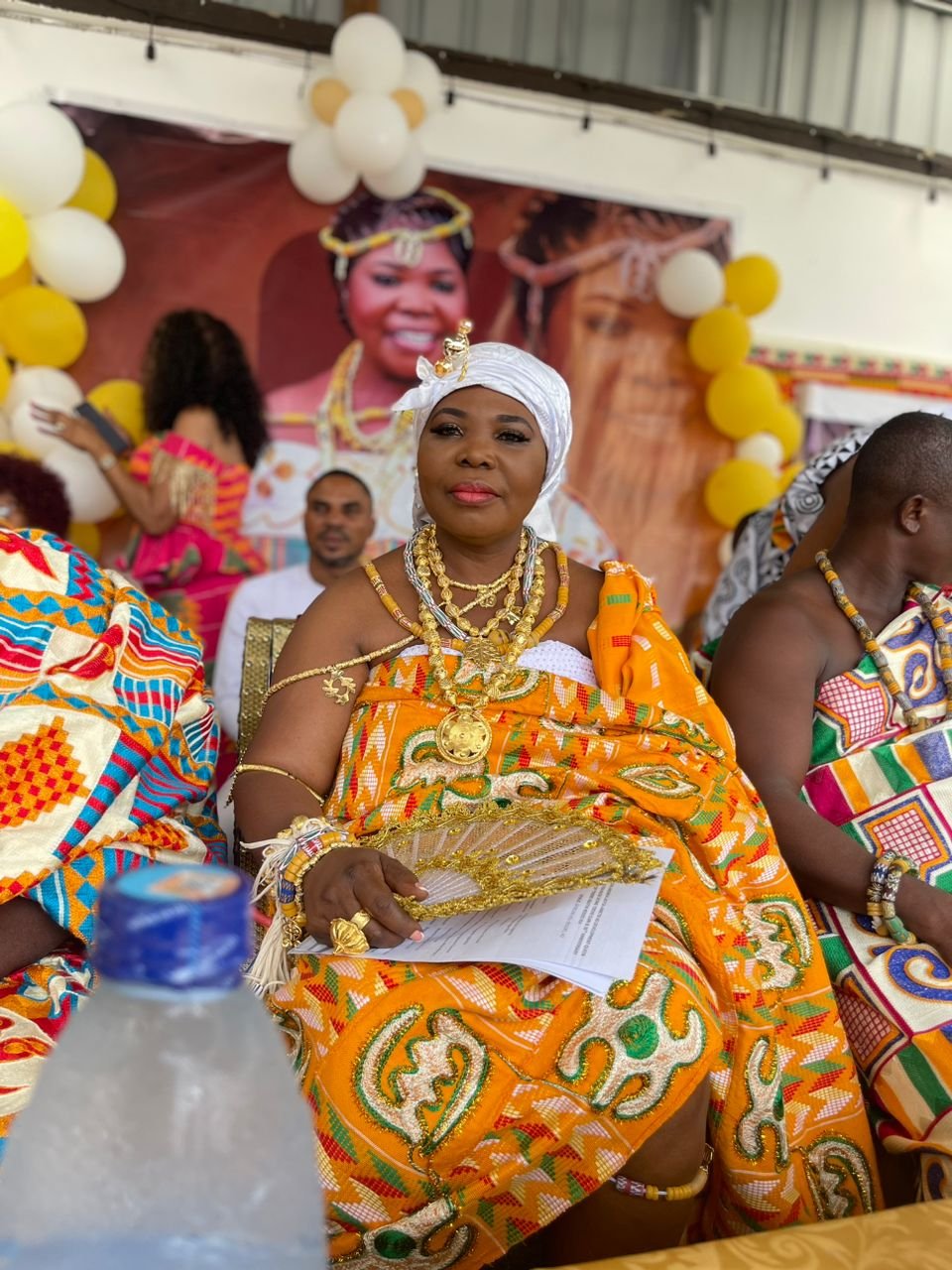
The Dome-Tsevie clan of Abutia-Kloe in the Ho West District of the Volta Region last weekend outdoored Mrs Joycelyn Akorfa Dotse-Ametsi as a Development Queen.
The ceremony which attracted traditional, political and business executives among others had Mr Bernand Mornah of the People’s National Convention Party as the special guest of honour.
Mrs Dotse-Ametsi with the ceremonial name of Mama Woe-Nenyo I, was tasked with liaising and spearheading development projects and educational reforms among others.
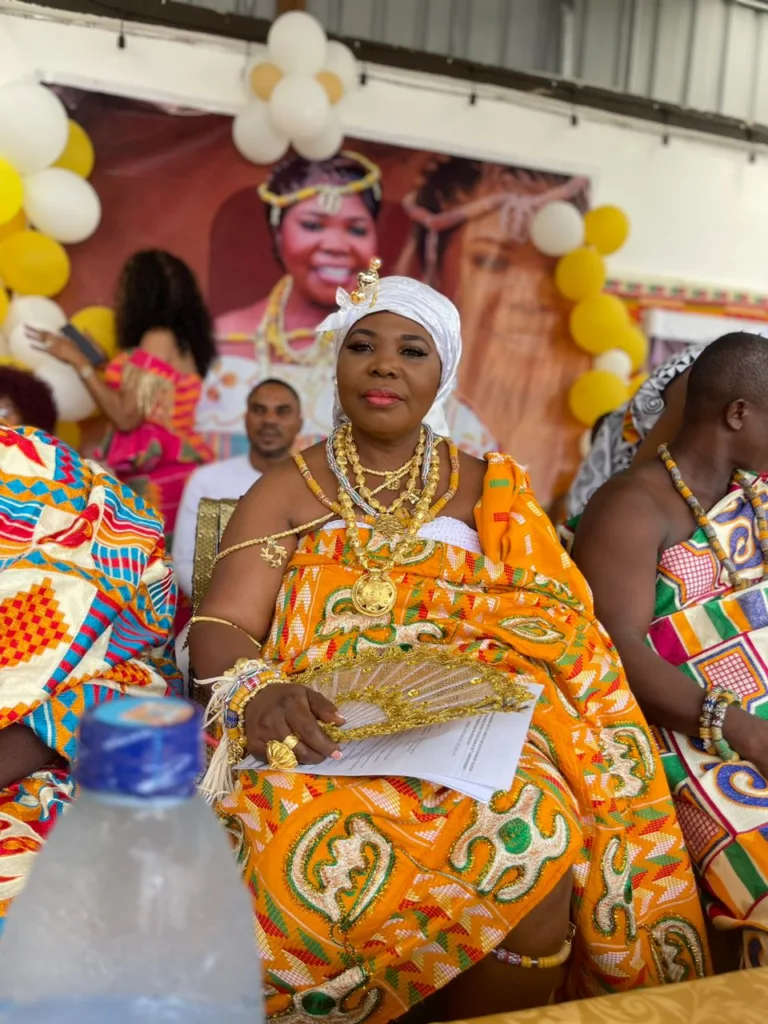

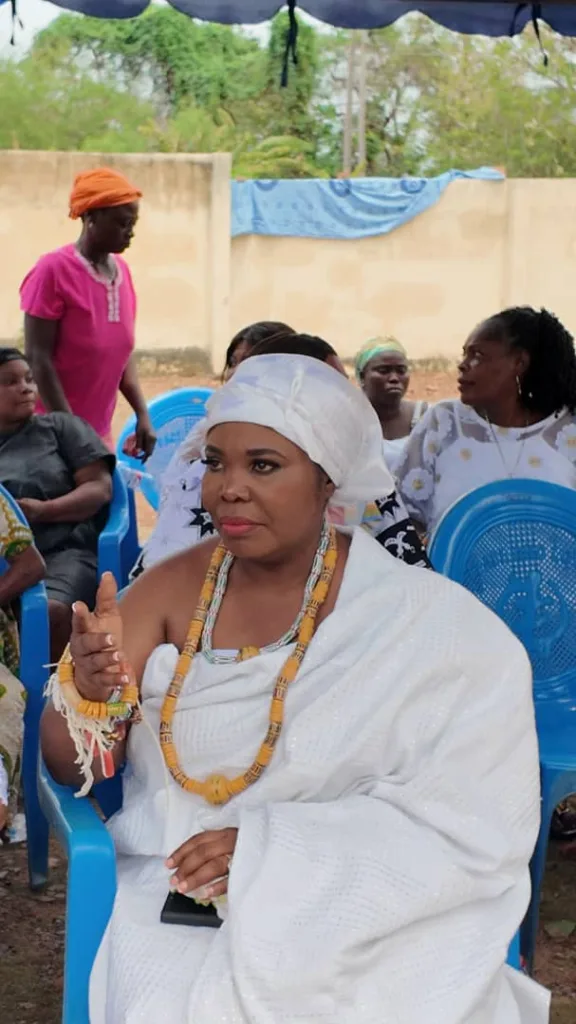

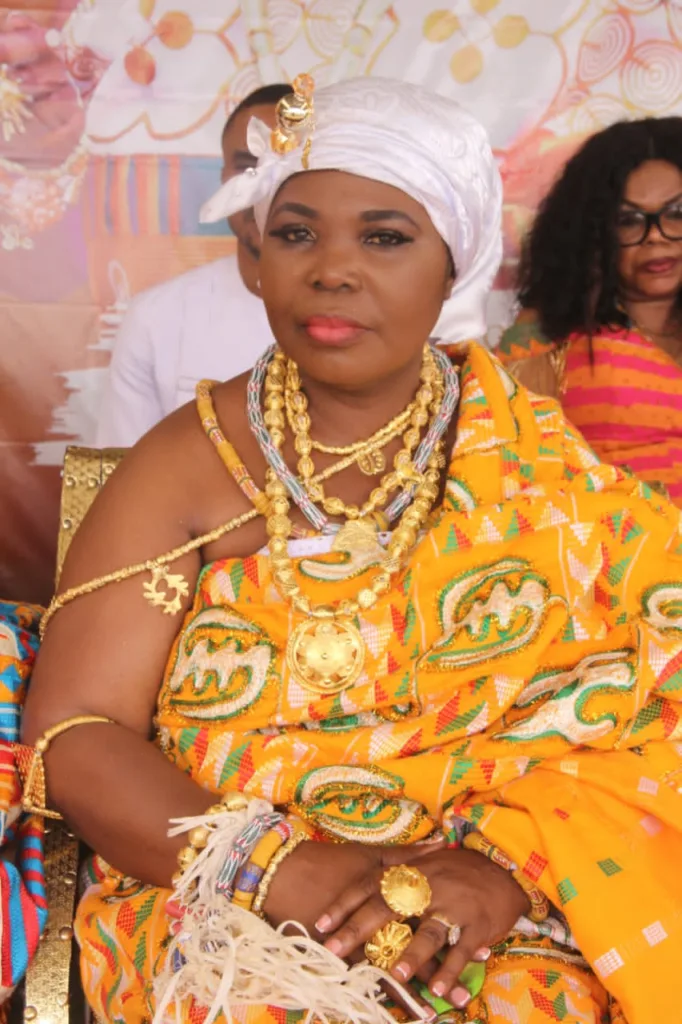

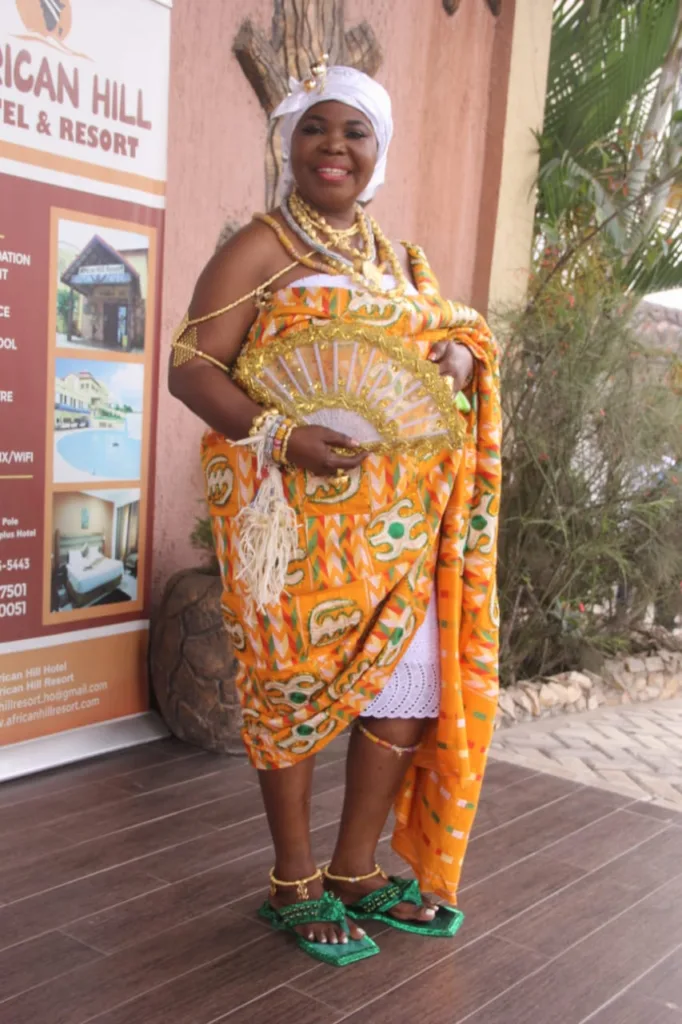

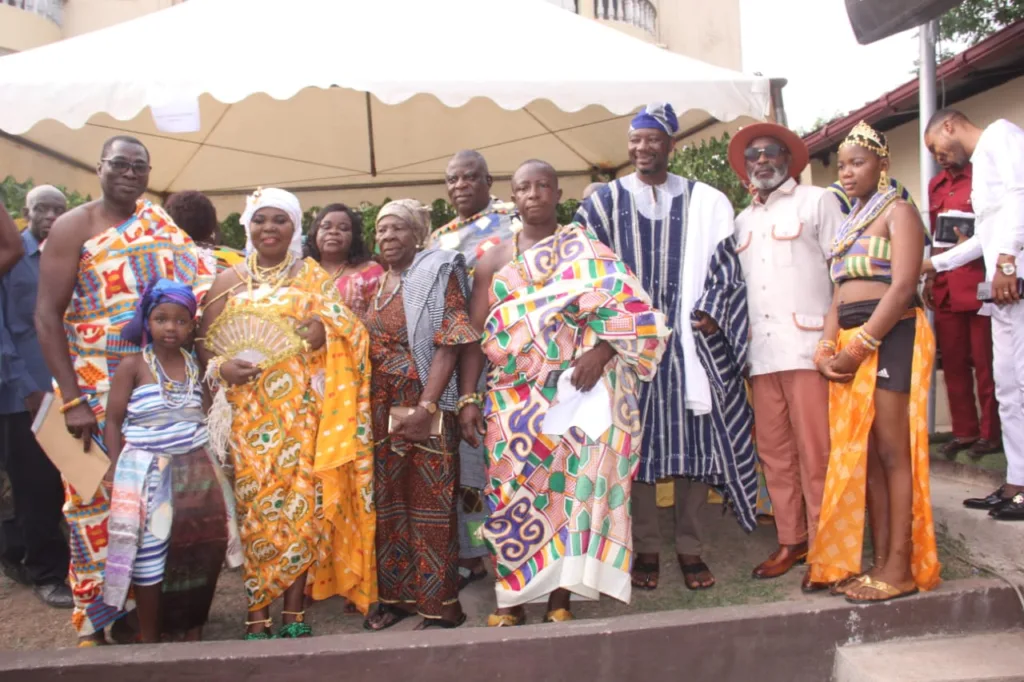

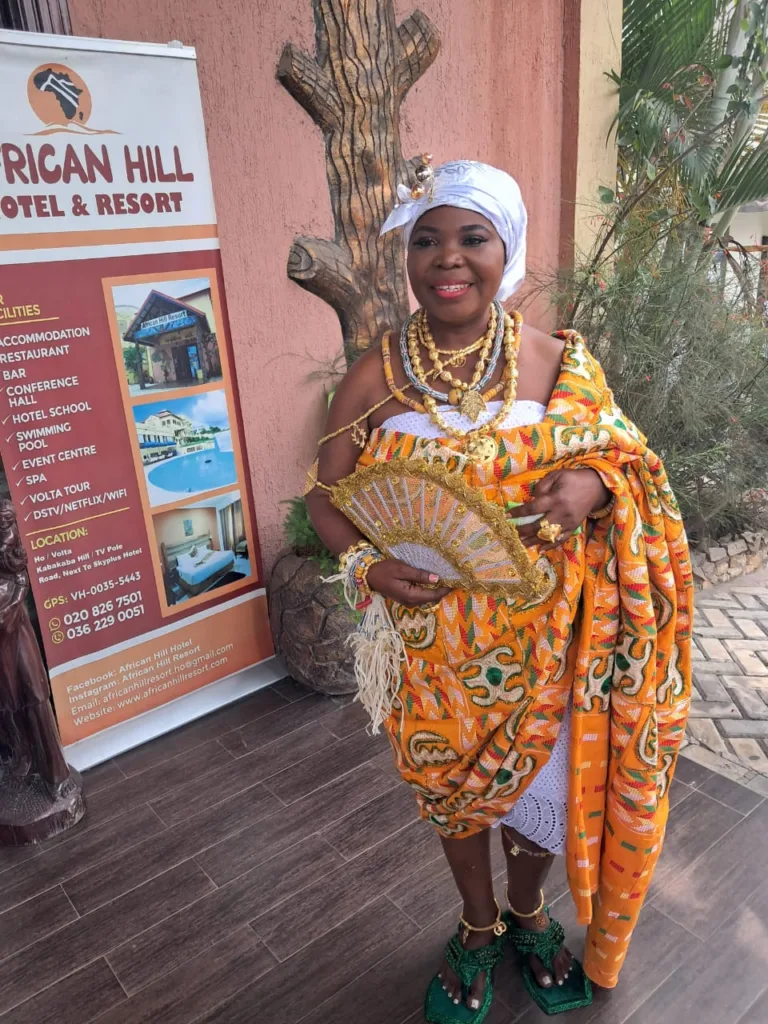
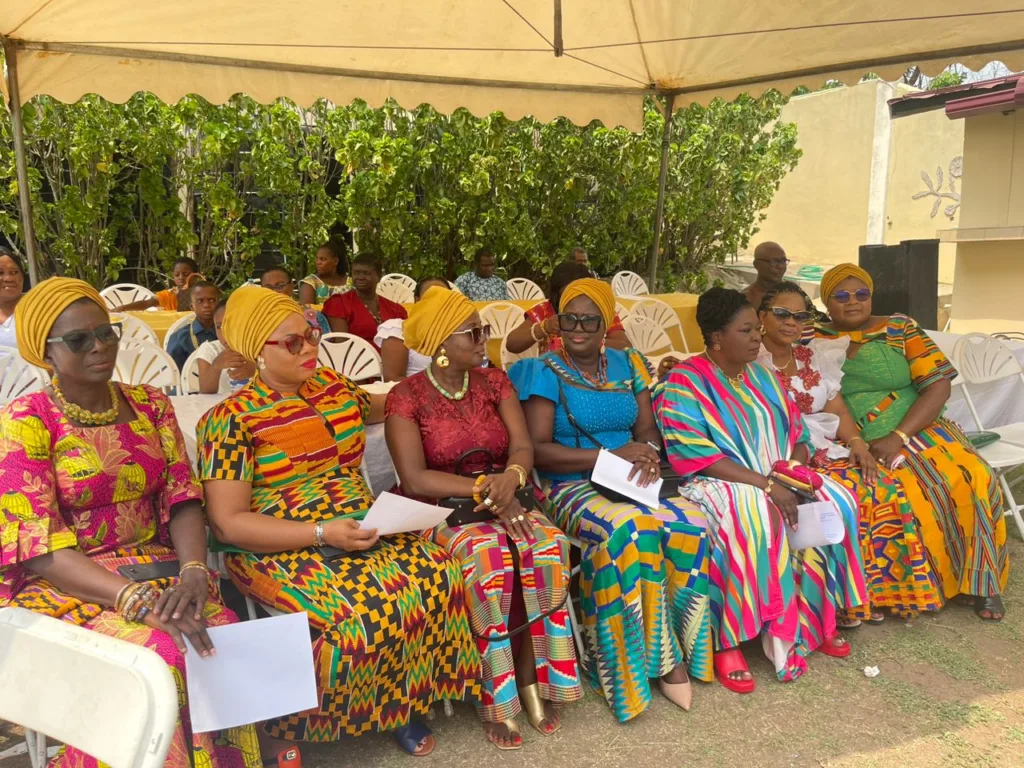
The ceremony also coincided with the 30 years anniversary of the death of Torgbe Abutia Kodzo XVI (ex-President of the Volta Regional House of Chiefs) who happened to be her father.
Mama Woe-Nanyo I promised to adhere to the promise and expectations her clan has in her and not depart from the honour and respect her father radiated during his reign.

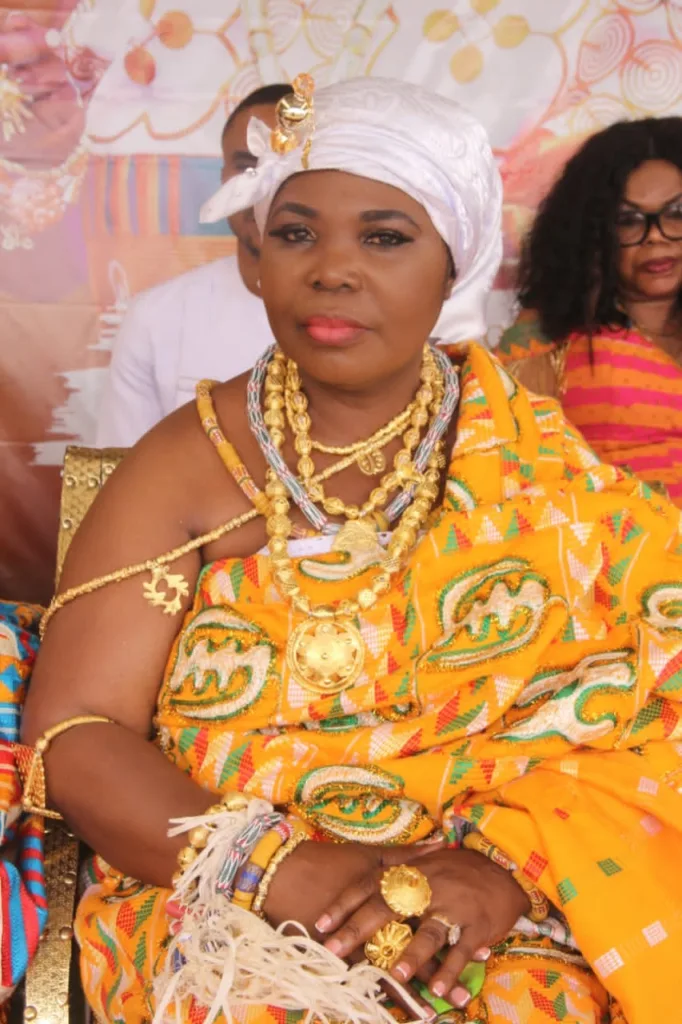
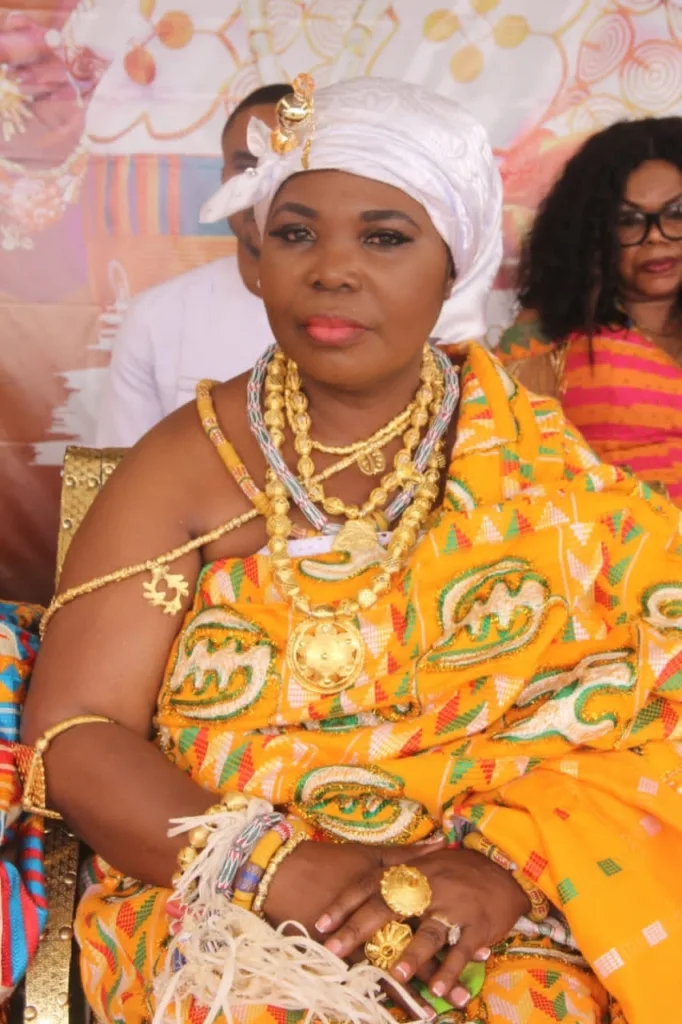
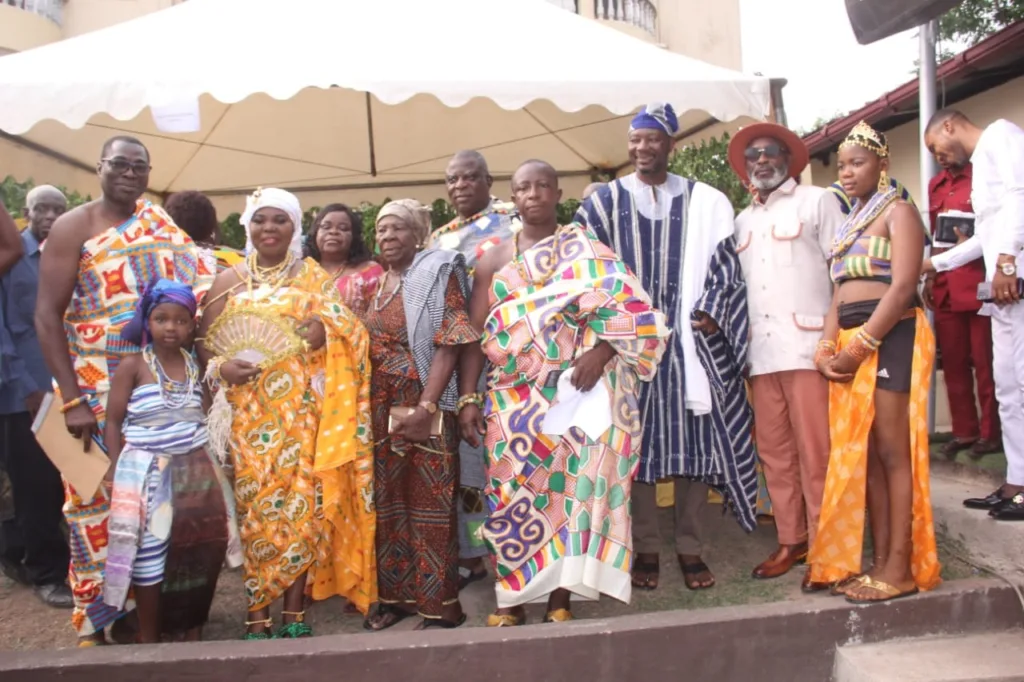

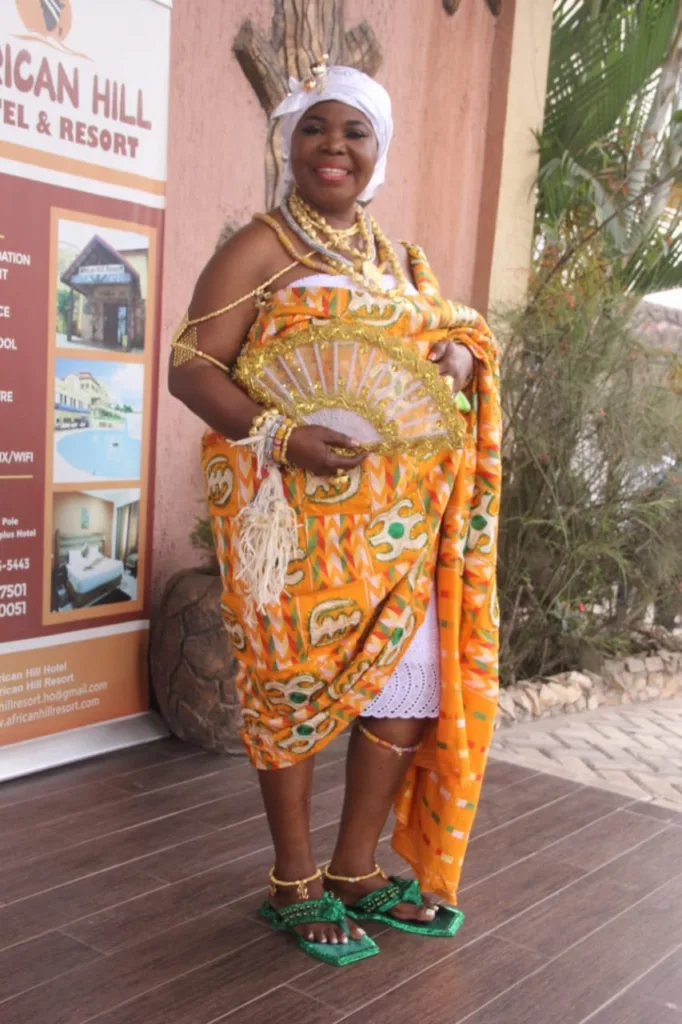


She called for the various clans of Abutia-Kloe to come together for the rapid development of Kloe and the Abutia Traditional Council.
News
The Golden Gift of the Savannah: The untold story of Shea Nut and Shea Butter
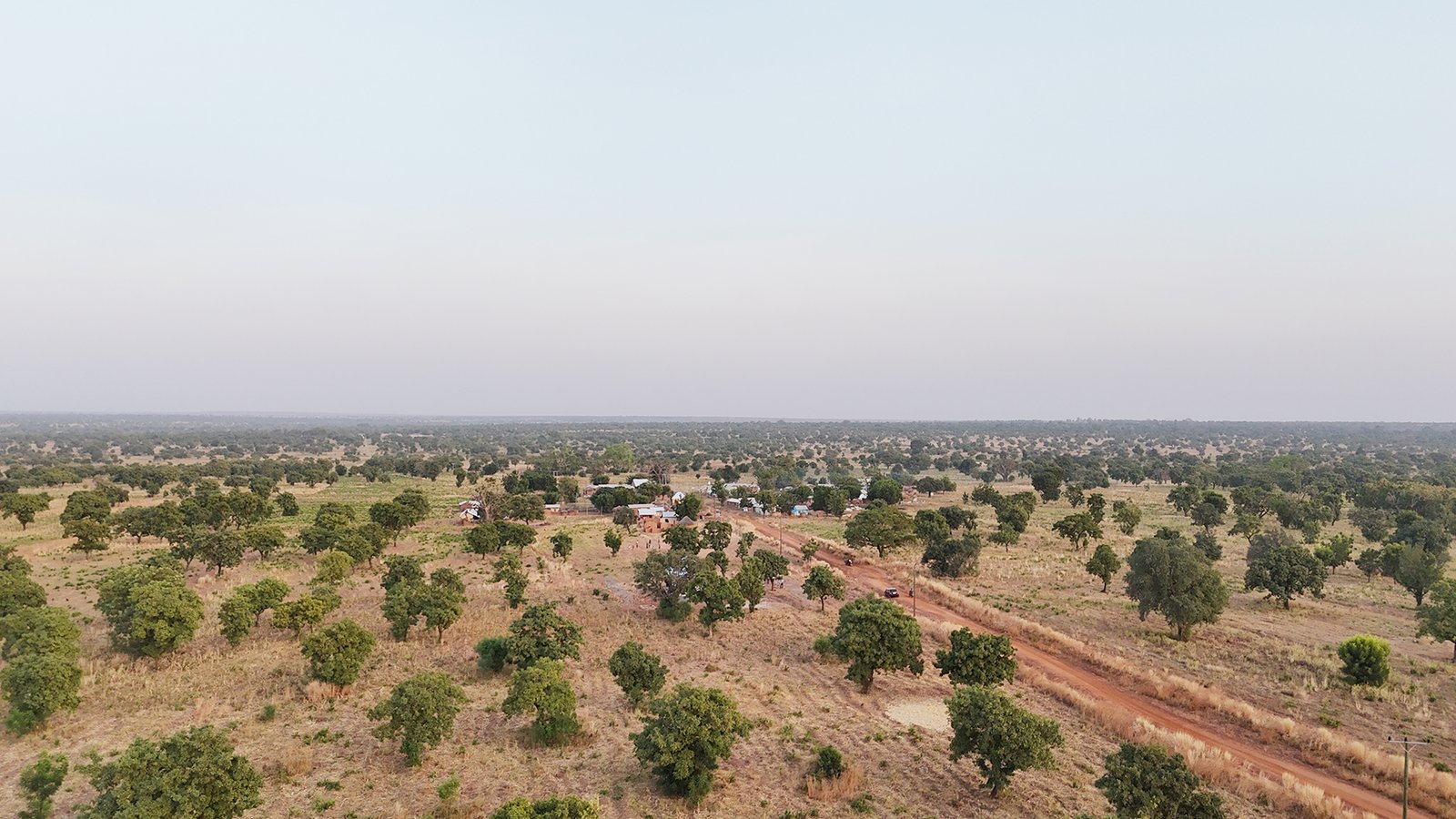
In the vast Savannah of Northern Ghana, where the sun ‘kisses’ the earth stands a tree revered for its economic and cultural significance – the shea tree.
For centuries, the shea nut plucked from this resilient tree, has been the lifeblood of countless women and communities, shaping economies, traditions, and futures across the northern regions of Ghana.
To many women, shea butter is not merely an ingredient in cosmetics and skincare.
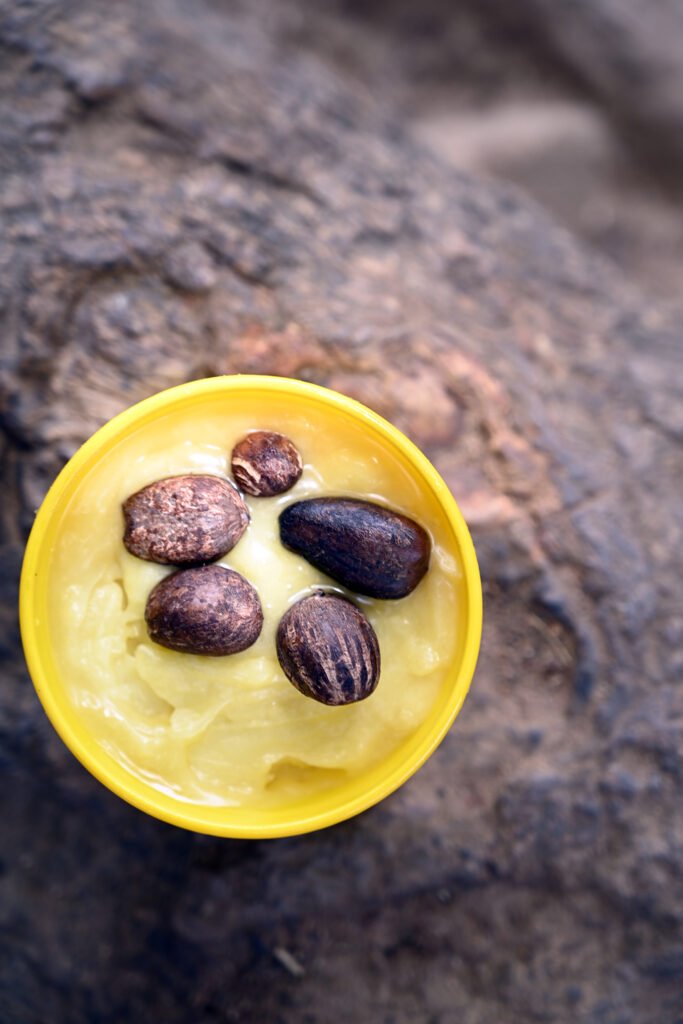
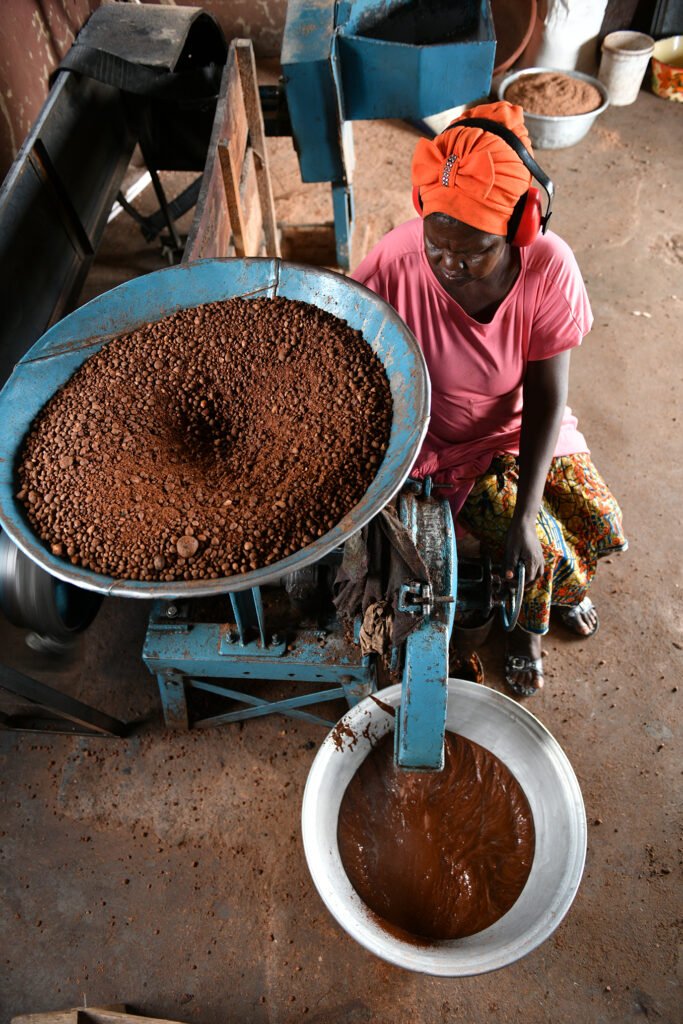
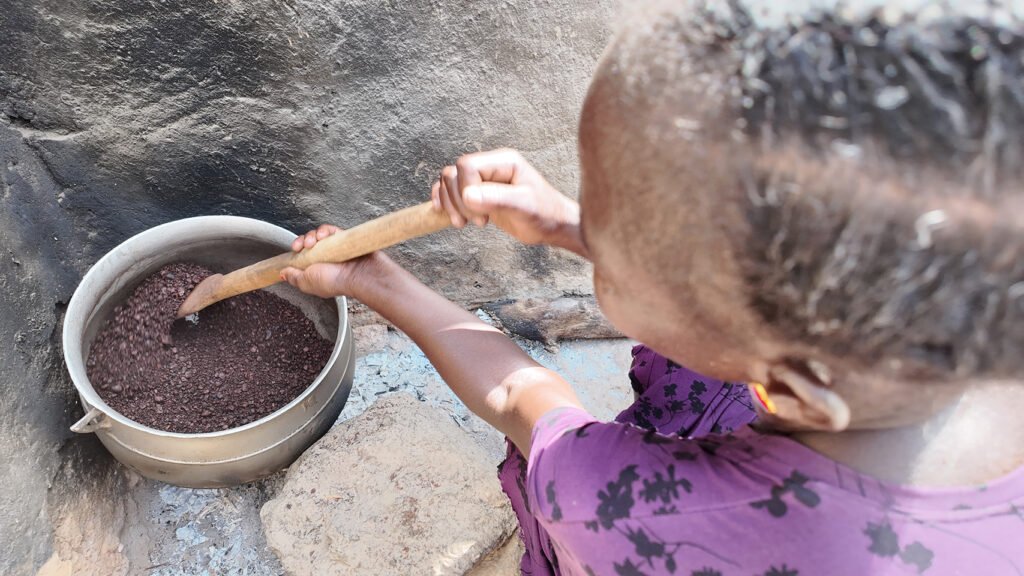
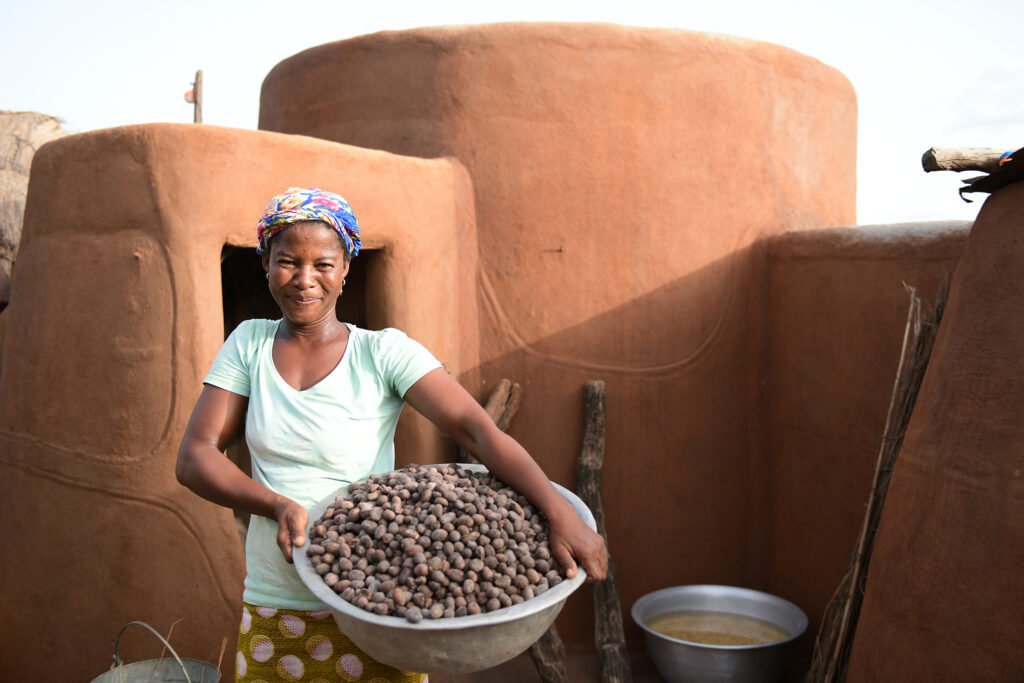
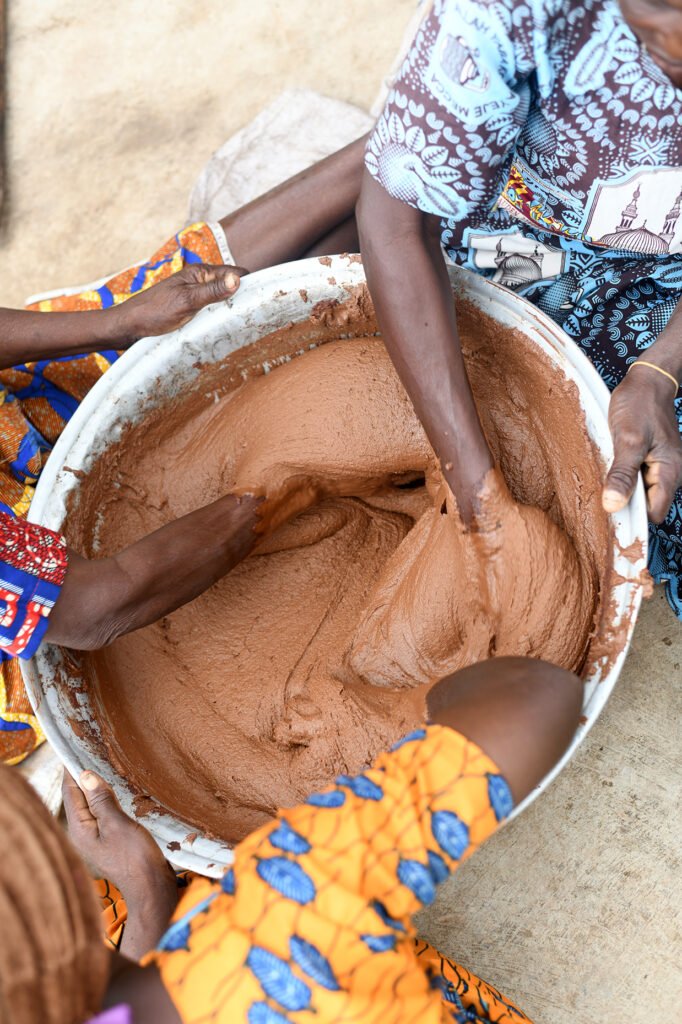
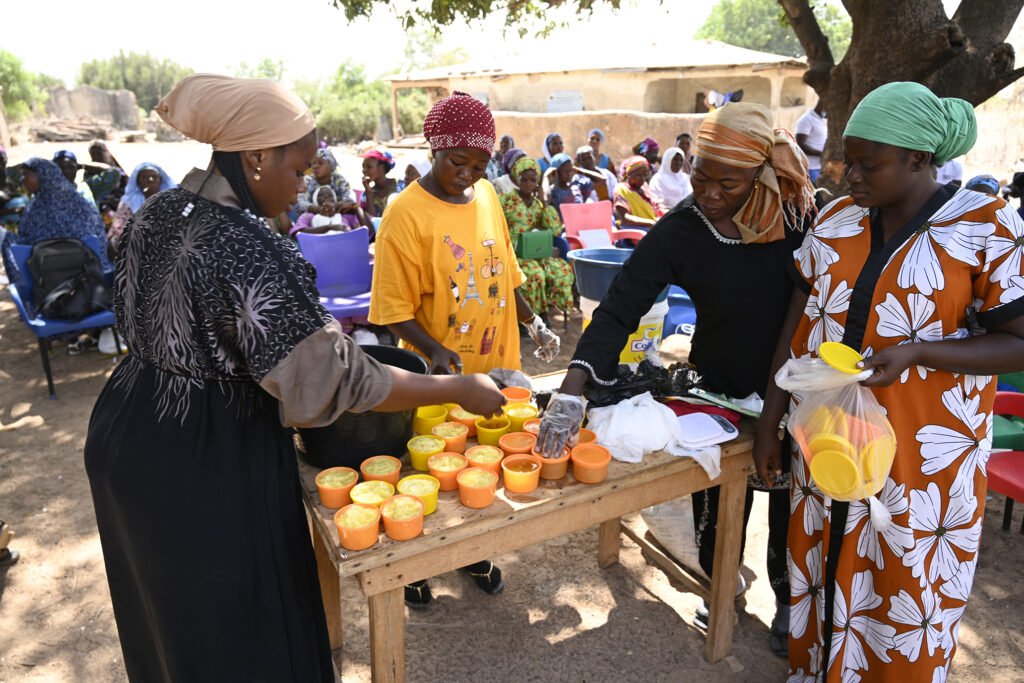
It is a symbol of resilience and economic empowerment. This golden treasure provides a sustainable income for women who painstakingly gather, dry, and process the nuts into a rich butter renowned worldwide for its healing and moisturizing properties.
Beyond its nuts, the shea tree produces a sweet, edible fruit packed with vitamins and nutrients. Its pulp is an excellent source of vitamin C, fiber, and antioxidants, which boost immunity, aid digestion, and promote overall health.
The fruit, often consumed fresh, serves as an essential source of nourishment for rural communities.
However, the journey from shea nut to shea butter is a laborious process requiring skill, patience, and sheer determination.
Women venture into the wild, walk long distances to collect fallen shea nuts.
After gathering, the nuts are boiled, sun-dried, and cracked open to reveal the kernels. These kernels are then roasted, grinded, and kneaded by hand until the oil separates from the solids, forming the smooth, fragrant butter which is now a staple in beauty and pharmaceutical industries, globally.
Shea butter is not the only valuable product derived from this remarkable tree. The shea nut also yields a highly nutritious cooking oil used traditionally in West African cuisine.
Rich in healthy fats, it promotes heart health and serves as a healthier alternative to palm oil and other cooking oils.
As global interest in natural and sustainable products grows, the demand for shea butter has surged.
Major cosmetic brands have embraced it as a key ingredient in lotions, hair products, and medicinal ointments, thanks to its high concentrations of vitamins A and E and anti-inflammatory properties.
Additionally, the food industry now recognises shea butter as a viable alternative to cocoa butter in chocolate production, further expanding its market value.
Yet, despite its growing international appeal, the shea industry faces significant challenges.
Climate change threatens the sustainability of shea trees, while middlemen and unfair pricing structures often limit the earnings of the women who produce the butter.
However, initiatives promoting fair trade, value addition, and sustainable harvesting practices offer hope for better economic returns for shea producers.
Organisations and cooperatives are working tirelessly to protect the shea tree and enhance the livelihoods of shea butter producers.
By introducing modern processing techniques, offering training programmes, and securing fair trade agreements, these efforts are ensuring that the legacy of shea butter continues to benefit local communities for generations to come.
Maria Johana Yuorpor, one of the women leading this transformation is a dedicated shea butter processor. For over a decade, she has championed quality production while equipping women with the skills to refine and add value to this ‘women’s gold.’
Maria’s journey into the shea butter industry was not one of mere chance but of deep-rooted passion and an unyielding commitment to uplift her community.
Growing up in a region where shea butter was a staple in homes used for cooking, skincare, and medicinal purposes, she witnessed firsthand its potential as a tool for economic empowerment.
Determined to make a difference, she immersed herself in intensive research and training, perfecting her craft to meet international standards.
Over the years, her expertise and commitment to quality production have earned her local and international recognition, shining a spotlight on Upper West shea butter.
According to Maria, the best shea butter comes from the Upper West Region due to the naturally rich and unpolluted environment in which shea trees flourish.
“The climate and soil here give our shea nuts a unique richness, which translates into high-quality butter with superior texture and moisturizing properties as well as the best way of processing it,” she explains.
Maria said, said when she begun understanding the importance of value addition, she started training women in her community on advanced processing techniques, including refining, packaging, and product diversification.
“Today, many of my trainees have expanded beyond producing raw shea butter to crafting soaps, body creams, and essential oils, all tailored for export markets”, she added.
To further enhance the shea industry and support women entrepreneurs, the Kosmos Innovation Center (KIC) among many organisations has stepped in with training and funding opportunities.
Mrs. Mercy Tuffour, Gender and Safeguarding Specialist in an interview said, KIC through their initiatives were training women on modern techniques in product formulation, branding, and market access, allowing them to elevate their shea-based businesses.
She emphasised the significance of these interventions: “We are committed to equipping women with the skills and resources needed to create high quality shea products that can compete in both local and international markets.
By adding value to raw shea butter, these women are transforming their livelihoods and securing better financial futures, where Northern Ghana becomes the hub of premium shea butter exports, driven by women entrepreneurs, she added.
She also advocated increased investment in shea butter processing facilities and seeks partnerships with global skincare and cosmetic brands to highlight Ghana’s superior shea butter.
As Maria Johana Yuorpor continues her mission, her story serves as an inspiration to many – proof that with passion, knowledge, and resilience, local resources can be transformed into global opportunities, changing lives one shea nut at a time.
Story/Photos from Geoffrey Buta, Nyoli, Upper West







